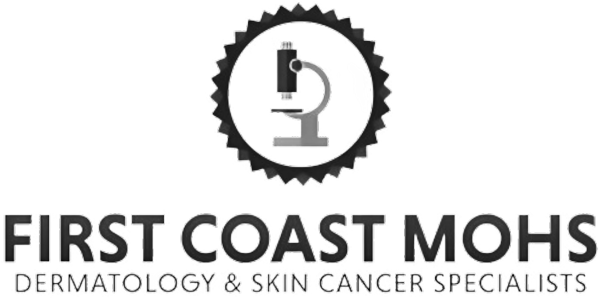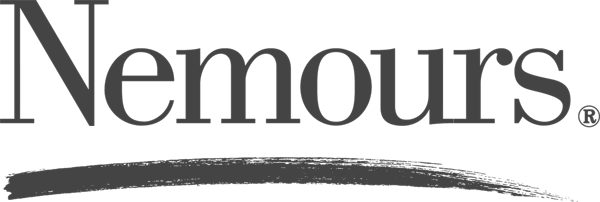Did you know that your website’s speed can directly effect your bottom line? When a potential prospect lands on a slow loading website there’s a good chance they’re not going to do anything but hit the back button.
By improving your website’s performance you’ll be offering your users a better overall experience. In this post we’re going to examine why your website loads slowly, as well as ways to improve your site’s performance and loading speeds.
Common Reasons For Slow Loading Speeds
So, the moment you open your website you have to sit and wait. You’d love to change this, but you don’t know where to start.
There are a variety of reasons your site could be loading slowly. The rate at which your site loads is going to change on a site to site basis. However, there are a few common factors that trip up most websites.
Some common reasons include: poor code, too many interactive elements, data intensive media and poor hosting choice. Below we’ll dive into how you can remedy these issues once and for all.
How To Improve Your Website’s Performance
In order to improve your website you need to get a baseline for where it’s currently at. Luckily, there are a host of free online tools that will give you a baseline to work from. The following tools will give you enough data to work from.
1. Google PageSpeed Insights
This tool will measure the speed of your website across multiple devices. This can be useful if you have a user base that accesses your website across multiple platforms and screen sizes.
2. Pingdom
Pingdom will give you a breakdown of your site’s performance across a wide variety of factors. For instance, you’ll receive a free report that gives you your site’s loading time, the data usage of your page, and a detailed page-by-page breakdown.
3. GTmetrix
GTmetrix will give you a complete breakdown of your site’s history. This is nice in that you can track your site’s loading speed to see if the changes you’re implementing are actually working.
Fixing The Most Common Issues
Once you have a detailed breakdown of the issues that plague your site you can go about fixing them.
1. Getting A Proper Web Host
Web hosting can affect your site more than people think. If you’re using a shared host and have a resource intensive site can slow your loading speeds. Being mindful about choosing the right web host can help to improve your site’s performance.
2. Dealing With Poor Code
Having a poorly coded website will cause your site to perform poorly. That’s why it’s crucial you work with a web design professional, or choose a high-quality theme. Without this framework your site will suffer.
3. Minimizing Bloated Features
Minimalist design is the way of the future. This is a good thing from a web performance perspective. If your site is using too many plugins or requires too many data intensive features then your load speeds will be much worse than they could be otherwise.
Consider building out a smaller, less resource-intensive website to truly optimize your site’s performance.
Interested in building out a fast website that caters to your user’s needs? Consider C7 Creative, your premier creative agency in the Jacksonville area.
by Calvin Bryant
Digital Marketing Geek
Calvin Bryant
Calvin is a digital expert with clients in the U.S., U.K., and the Caribbean Islands. As the founder of C7, he has worked with Joel Osteen, Carlos Santana, the FBI, and the NBA. He resides in Ponte Vedra, Florida, and is a proud father and husband of 28+ years to his wife, Krista.








